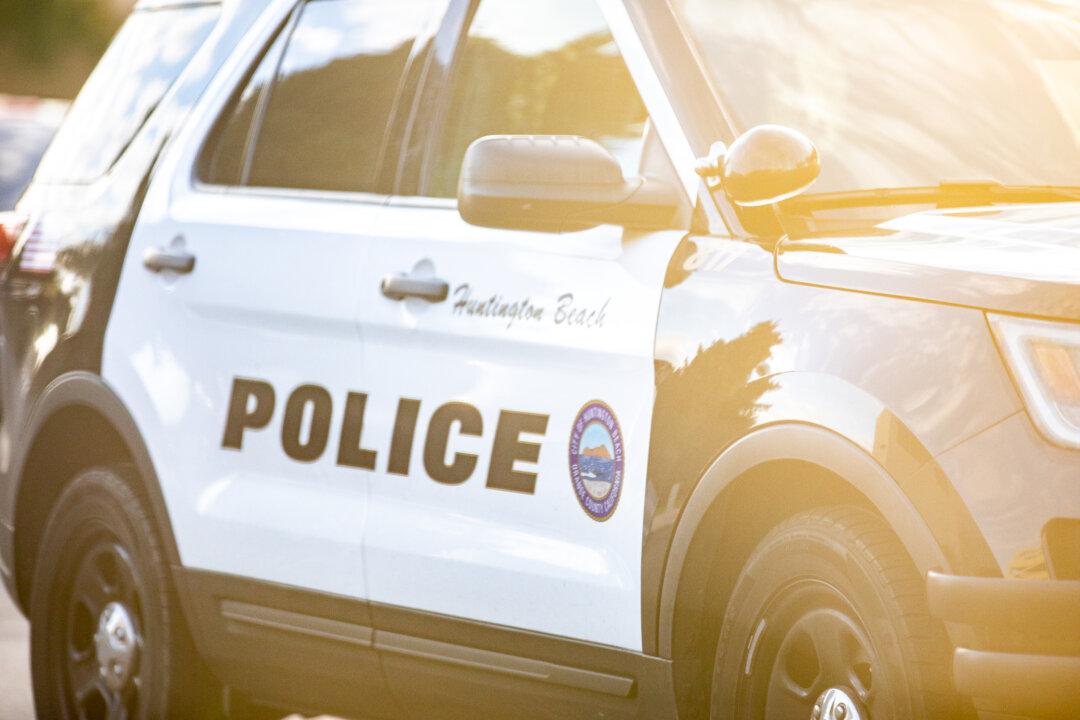Commentary
Calls for the blanket defunding of police are ill-conceived and self-destructive. The proof is in the spike of violent crime in cities that cut their police budgets during the last year.

Calls for the blanket defunding of police are ill-conceived and self-destructive. The proof is in the spike of violent crime in cities that cut their police budgets during the last year.